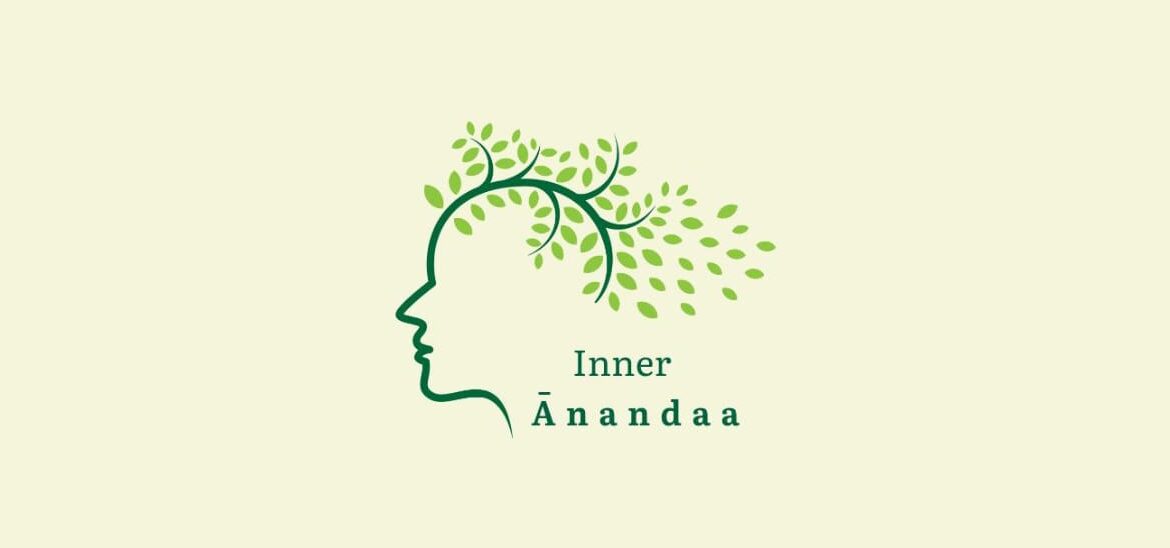
Daily Habits That Enhance Your Mental Well-being
In the hustle and bustle of everyday life, we tend to get caught up in a loop of stress, anxiety, and emotional exhaustion. With work demands and family obligations, the pressure of daily life can exact a heavy toll on our minds. But, like physical health, mental health also requires everyday care and devotion. The good news? No drastic overhaul of your lifestyle. Small daily habits can have a significant impact on enhancing your mental well-being.
As a psychologist with InnerAnandaa, I’ve witnessed how subtle, conscious changes can add up to dramatic outcomes. Let’s discover some habits that build your emotional and psychological resilience.
1. Start Your Day with Mindfulness or Gratitude
How you start your day sets the tone for the rest of it. Most of us wake up and reach for our phones, dive into work, or worry about deadlines. Do this instead:-
- Take 5–10 minutes of mindful breathing or meditation.
- List three things you’re thankful for—no matter how little.
- Repeat affirmations such as, “Today, I choose peace and productivity.”
This simple routine grounds you, decreases cortisol levels (stress hormone), and increases positivity.
2. Prioritize Quality Sleep
Sleep and mental health are closely connected. Bad sleep can aggravate symptoms of depression and anxiety. Sleep 7–9 hours each night to get quality sleep.
Here’s how to create a healthy sleep habit:-
- Maintain a regular sleep cycle—even on weekends.
- Take a break from screens at least 30 minutes prior to bed.
- Establish a relaxing atmosphere: soft lighting, cool room temperature, and soothing music.
- Steer clear of caffeine or heavy meals close to bedtime.
When your body sleeps soundly, your mind recuperates better.
3. Move Your Body Daily
Exercise is perhaps one of the most underappreciated antidepressants. You don’t need to head to the gym or train for a marathon—30 minutes of daily activity can help boost your mood.
Try:-
- Morning nature walks.
- Home yoga or stretching.
- Dancing to favourite Bollywood tunes.
- Weekend cycling or swimming.
Physical exercise releases endorphins, the body’s natural mood elevators, and reduces stress effectively.
4. Eat Foods That Nourish Your Brain
What you eat doesn’t just affect your body—it impacts your brain too. Certain nutrients play a big role in your emotional health.
Mental-health-friendly foods include:-
- Omega-3 rich foods like walnuts, flaxseeds, and fish.
- Leafy greens, fruits, and vegetables.
- Whole grains like brown rice and oats.
- Probiotic foods like curd and buttermilk.
Avoid too much sugar, fried food, or excessive caffeine, as they can increase anxiety or low mood over time.
5. Limit Digital Distractions
Our phones are great resources, but overuse—particularly of social media—can result in comparison, low self-esteem, and even loneliness.
Tips for daily digital detox:-
- Set limits on screen time (particularly for apps such as Instagram or WhatsApp).
- Do not check your phone in the morning or before bed.
- Have at least one “no phone hour” per day for calmness and contemplation.
Be mindful with your online life, and leave room for real-life interaction.
6. Remain Connected with Family and Friends
Humans need social connections for good mental health. Amidst our hectic lifestyles, we forget to really connect with people.
Prioritize:-
- Daily phone or video calls with family.
- Brief meetups or chai sessions with friends.
- Discussing your ideas and listening objectively.
Even a five-minute genuine conversation can be a mood-booster and a reminder that you’re not isolated.
7. Engage in Deep Breathing or Relaxation Exercises
When life becomes too much to handle, your breath is your ultimate friend. Simple breathing exercises can soothe your mind immediately.
Do this:-
- Breathe in for 4 seconds.
- Hold for 4 seconds.
- Breathe out for 6 seconds.
Repeat the same for 5–10 minutes whenever you feel stressed or anxious.
You can also try relaxation methods such as:-
- Progressive muscle relaxation.
- Guided meditation apps.
- Soothing instrumental music.
These activities engage the parasympathetic nervous system and allow your body and mind to relax.
8. Keep a Journal or Mood Tracker
Writing down your thoughts might be very therapeutic. It assists you in realizing patterns, letting go of emotions, and becoming clear.
What to write in your journal:-
- How your day is going.
- What caused you to feel certain emotions.
- What made you feel better.
You can also maintain a mood chart to get better insight into emotional ups and downs. It’s an excellent way to become self-aware and take charge of your mental state.
9. Learn to Say No
Your emotional well-being relies on setting boundaries. When you are always agreeing to everything and everybody, you end up feeling resentful and drained.
Practice how to:-
- Say no politely and firmly when something is not in your energy or priorities.
- Honor your boundaries without guilt.
- Take time off without needing to explain yourself to everyone.
Saying “no” is a strong act of self-love.
10. Ask for Help When You Need It
One of the most powerful habits you can build is calling for help when things get too heavy. Mental illness is not a sign of weakness, and going for therapy or counseling is a brave act.
As a clinical psychologist, I would like to invite you to:-
- Speak to a trusted professional if you’re feeling persistently sad, anxious, or emotionally drained.
- Don’t wait until you have a “breakdown.” Even low levels of ongoing stress can be helped with early intervention.
- Join support groups or wellness communities that align with your needs.
Remember, healing is possible, and you’re never alone on your journey.
Final Thoughts
Improving your mental health doesn’t mean being perfect. It’s about being consistent with small acts of care. Just like brushing your teeth daily prevents cavities, these emotional hygiene practices help prevent burnout, sadness, and anxiety.
Select two or three of the habits from the list above and start today. You don’t need to do them all at once. Progress, not perfection, is required.
At InnerAnandaa, we know that inner peace and mental strength stem from proper knowledge, awareness, and guidance. If you or a loved one require guidance, just reach out. We’re here to accompany you on your path toward emotional wellness.




